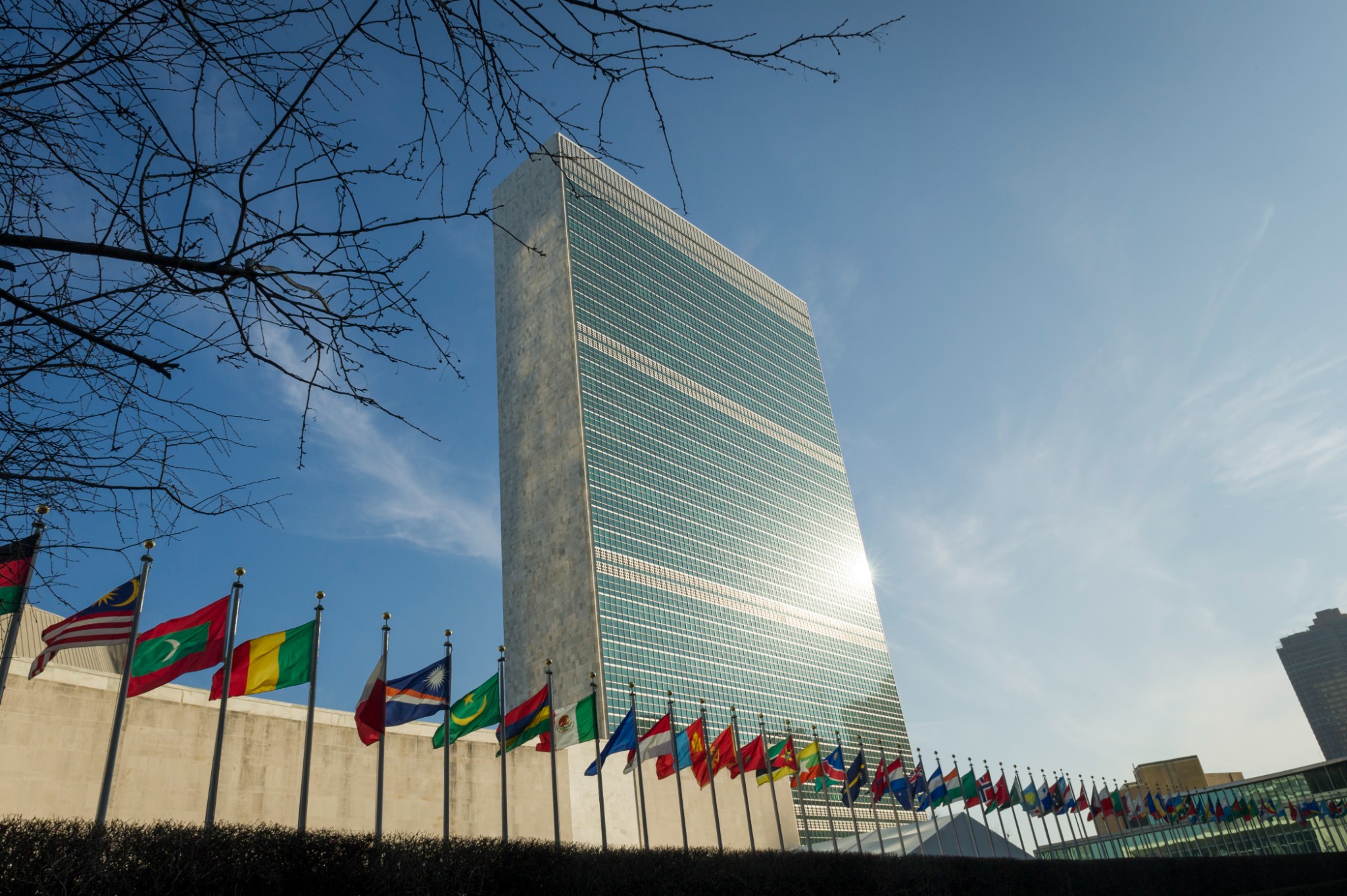 UN Secretariat Building in New York, courtesy of United Nations Photo on Flickr
UN Secretariat Building in New York, courtesy of United Nations Photo on Flickr
Reforming the UN Security Council: Analyzing Obstacles to Reform
While speaking before the UN on September 21, President Biden highlighted the need to reform the UN Security Council, both by adding new permanent members and by promoting new norms surrounding veto privileges. On the same day, President Zelensky urged that Russia be stripped of its veto. Both are right that the Security Council needs reform for two primary reasons: the Security Council’s membership does not represent the security needs of the international community, and the veto hamstrings the Security Council as a problem-solving body, allowing countries like China and Russia to block international actions they view as disadvantageous.
The Security Council’s permanent membership (P5) has not been changed since 1946, meaning that three of five seats are held by European countries. There are no permanent members from Latin America or Africa, and China is the only Asian member. That damages the legitimacy of the Security Council if it is seen as a forum dominated by the West and Great Powers, where the Global South and smaller states are marginalized. Although the majority of UN peacekeeping operations occur in the Global South, the most affected nations wield little influence over them. UN peacekeeping forces also have records of human rights abuses. Moreover, since 1946 countries such as Brazil and India have developed into major regional players with strong claims for permanent membership.
The veto power of P5 members also represents a core problem. Given that the P5 almost always have diverging interests, their ability to block any measure is fundamentally crippling. For instance, Russia has blocked all condemnation of its invasion of Ukraine. China has also used its veto to block actions affecting its interests. For example, China and Russia vetoed a resolution in June calling for new sanctions on North Korea over its ballistic missile tests.
In order to maintain its legitimacy, the Security Council should incorporate a geographically diverse slate of new permanent members. Possible options (based on population and GDP statistics) are listed below by UN regional groupings. The international community largely agrees that enlarging the Security Council is necessary. However, enlargement involves complex issues. Regional representation needs to be balanced against finding suitable candidates. For example, of the countries listed, Freedom House’s democracy rankings list only five of them as fully free (Brazil, South Africa, Japan, Poland, and Germany). Looking at the CATO Institute’s Human Freedom Index, Brazil and South Africa place only slightly above the median. Adding countries with weaker records on democracy or human rights risks exacerbating issues already seen with China and Russia. Considering intraregional factors would also be necessary. Certain countries might be upset if their regional rival received membership and they didn’t. Criteria would therefore need to be explicit and uniform in order to justify choosing certain states over others.
The international community largely agrees that enlarging the Security Council is necessary. However, enlargement involves complex issues. Regional representation needs to be balanced against finding suitable candidates. For example, of the countries listed, Freedom House’s democracy rankings list only five of them as fully free (Brazil, South Africa, Japan, Poland, and Germany). Looking at the CATO Institute’s Human Freedom Index, Brazil and South Africa place only slightly above the median. Adding countries with weaker records on democracy or human rights risks exacerbating issues already seen with China and Russia. Considering intraregional factors would also be necessary. Certain countries might be upset if their regional rival received membership and they didn’t. Criteria would therefore need to be explicit and uniform in order to justify choosing certain states over others.
Any reform effort regarding the Security Council would also have to achieve support from the P5, which presents its own problems. India is the state with the greatest claim to permanent membership, but China and India are rivals with an ongoing border dispute. Russia supports adding non-western members. However, the Kremlin objects to adding Japan or Germany given their participation in sanctions and alignment with the U.S. For their part, the UK, France, and the United States likely won’t support membership for countries with weak human rights or democracy records.
Regarding the veto, the ability of the P5 to block any proposal in the Security Council creates permanent gridlock. However, it’s likely impossible to reform. One option would be enabling the General Assembly to override vetoes. However, at a minimum China and Russia, and perhaps all P5 states, would veto such a measure. Every U.S. administration since Clinton has endorsed enlargement, but reform proposals have never involved the veto.
Even President Biden did not call for structurally reforming the veto, but rather only using it in extraordinary circumstances. However, even if the P5 agreed to such a norm, that would likely not apply to Russia’s invasion. Russia would simply claim it was responding to an extraordinary security situation.
Although the Biden’s administration’s support for reform is not a new development in U.S. foreign policy, his recognition of the need for regional diversity in the Security Council’s permanent membership is. As outlined above, finding a suitable way to enlarge the Security Council presents important questions, but it is both possible and necessary. On the other hand, significant institutional weakening of the veto is likely impossible. No country will willingly give up the veto or let the veto be weakened by a non-binding norm.
Image license under creative commons





